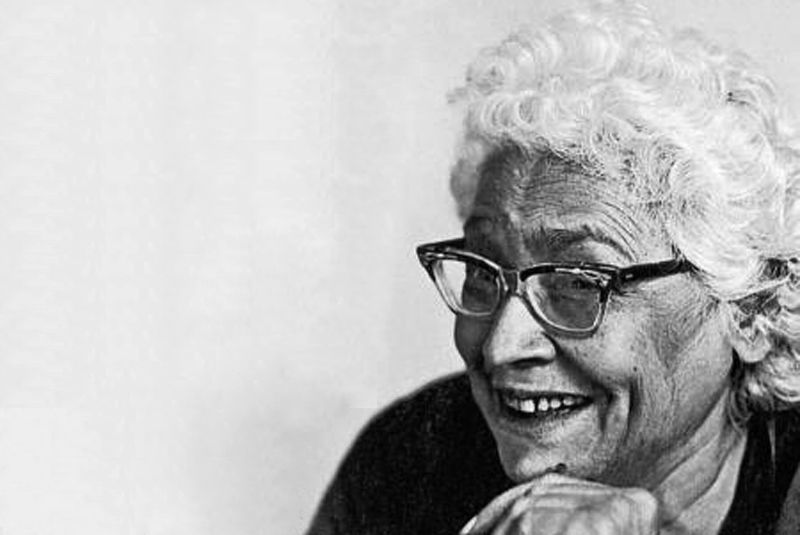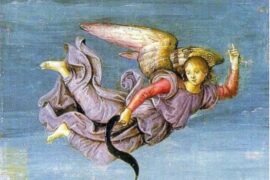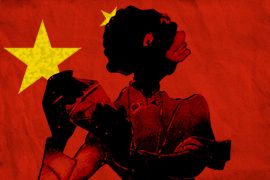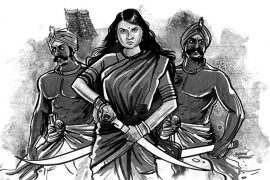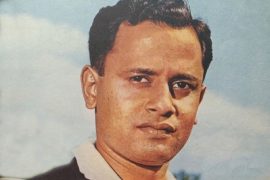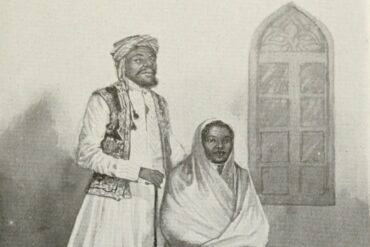Ismat Chughtai’s name will go down in history as a luminary in Urdu literature. A prolific short-story writer, the Government of India awarded her a Padma Shri. But what is less known, and even less discussed, is her contribution to Indian cinema.
From Ziddi in 1948 to Mehfil in 1981, she was involved in making no less than 17 Indian films, together with her Aligarhian husband and producer-director, Shaheed Latif. The couple gave Dev Anand his debut as a male lead in the film, Ziddi, and introduced Kishore Kumar as a playback singer with his first film song “Marne ki duwaein kyun mangoon, Jeene ki tamanna kaun kare.”
A prolific screenwriter, Ismat Chughtai has written screenplays, penned dialogues, produced and directed several films with top stars. However, this article focuses on two of her films – Sone Ki Chidiya and Garam Hava – which are connected through gentle, poetic strokes.
Sone Ki Chidiya (1958), which she wrote and co-produced with her husband, is a social drama. The film showcases behind-the-scenes drama that unfolds in the glamour world of the Indian film industry. Starring Nutan, singer/actor Talat Mahmood, and Balraj Sahni, it tells the story of a child actor who is abused and exploited. The film, a huge success, made Ismat Chughtai hugely popular.
-30-
Copyright©Madras Courier, All Rights Reserved. You may share using our article tools. Please don't cut articles from madrascourier.com and redistribute by email, post to the web, mobile phone or social media.Please send in your feed back and comments to [email protected]

